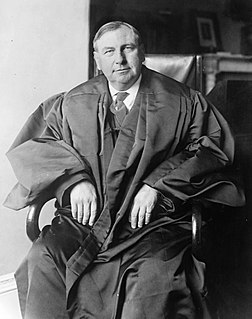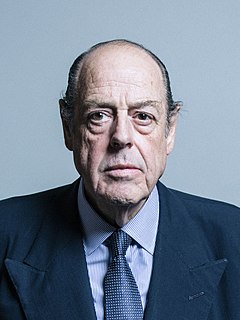A Quote by Evan Bayh
I believe I would be a very strong general-election candidate.
Related Quotes
After the election of George McGovern in 1972 as a peace candidate - I should say his election to the nomination of the Democratic Party - the party changed the rules to steeply tilt that playing field, creating superdelegates and Super Tuesdays that make it very hard for a grassroots campaign to prevail.
Our [Republicans'] object is to avoid having stupid candidates who can't win general elections, who are undisciplined, can't raise money, aren't putting together the support necessary to win a general election campaign, because this money is too difficult to raise to be spending it on behalf of candidates who have little chance of winning in a general election.
If Christians should vote their duty to God at the polls, they would carry every election, and do it with ease. They would elect every clean candidate in the United States, and defeat every soiled one. Their prodigious power would be quickly realized and recognized, and afterward there would be no unclean candidates upon any ticket, and graft would cease.
































